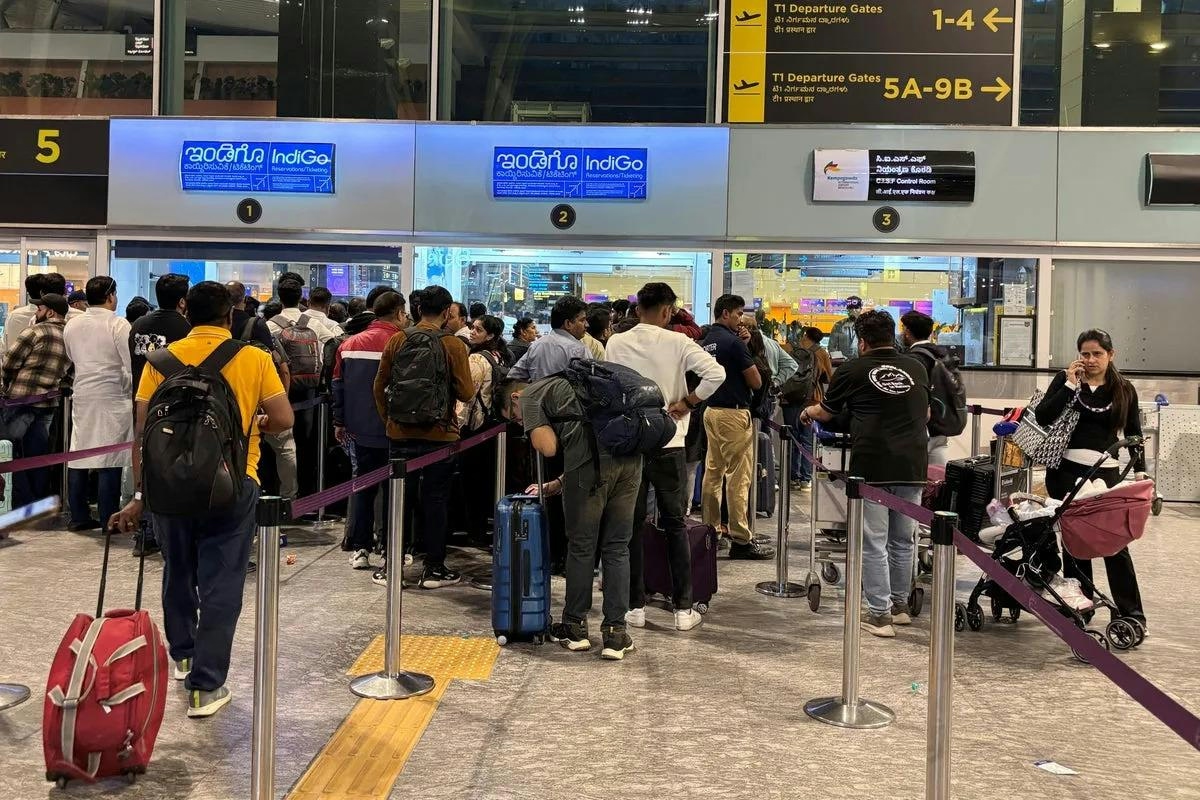
AeroGenie — 您的智能副驾驶。
热门趋势
Categories
Nigeria's Aviation Reforms Show Early Progress
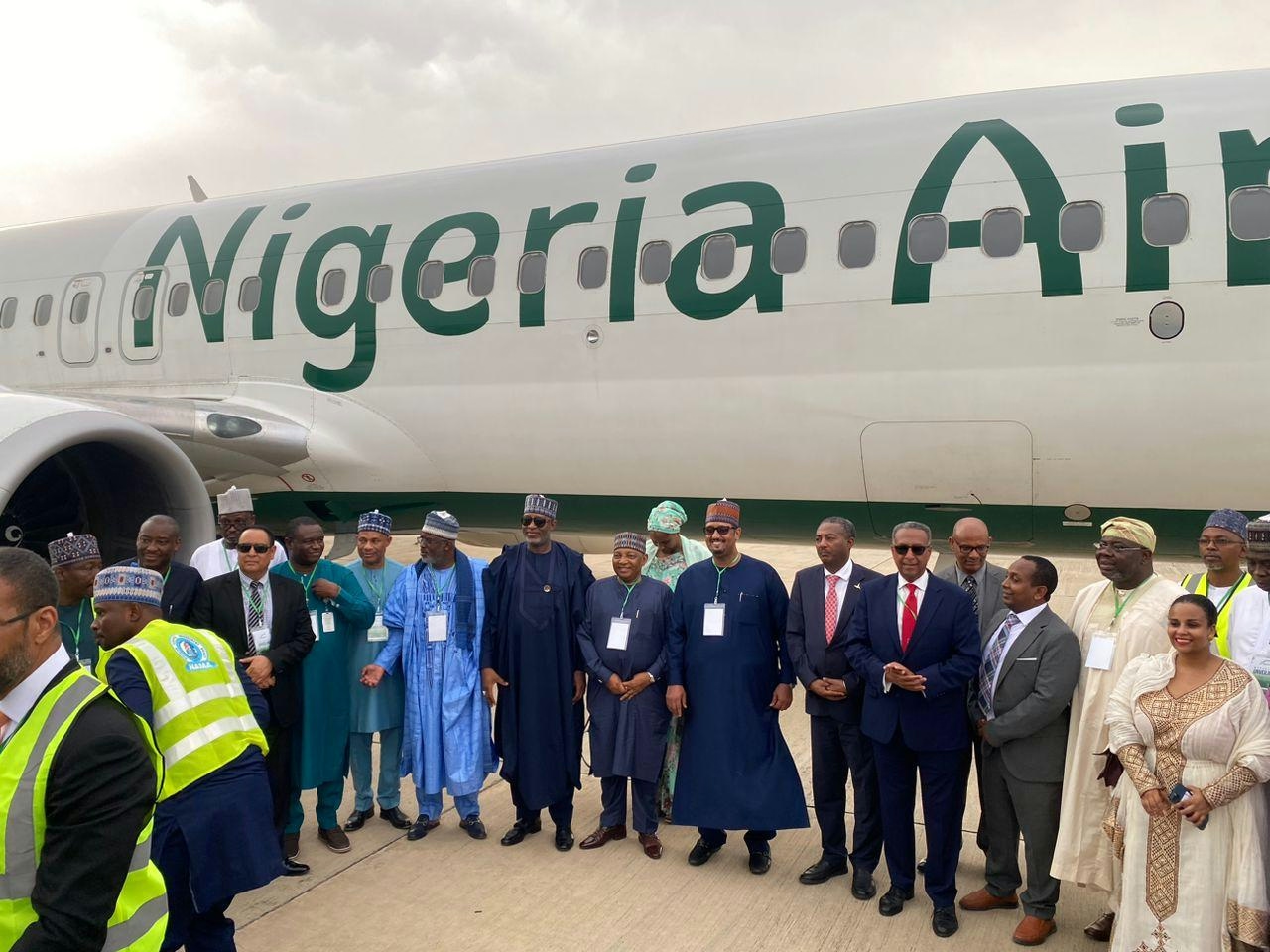
Nigeria's Aviation Reforms Show Early Progress Amid Ongoing Challenges
The Nigerian Civil Aviation Authority (NCAA) has reported encouraging early results from recent government-led reforms aimed at modernizing the country’s aviation sector. Speaking at a weekend retreat in Uyo themed “Achieving Operational Excellence in Air Transport Regulation for Safety and Economic Sustainability,” Olayinka Babaoye-Iriobe, Director of the Directorate of Air Transport Regulation (DATR), outlined key developments that signal progress in regulatory and operational frameworks.
Key Policy Changes and Their Impact
Central to the reforms is the introduction of a new aircraft leasing policy alongside the implementation of the Irrevocable De-registration and Export Request Authorization (IDERA). These initiatives, driven by the Ministry of Aviation and Aerospace Development, have markedly improved Nigeria’s position on the Cape Town Convention (CTC) index. Previously languishing below 49%, Nigeria’s low ranking had hindered local airlines’ access to leasing companies and contributed to elevated leasing costs.
Babaoye-Iriobe emphasized the transformative effect of IDERA on the sector, noting that the improved CTC index has made Nigeria a more attractive destination for leasing companies. This shift has led to a reduction in aircraft leasing costs, which is expected to lower flight cancellations and bolster confidence in the aviation subsector. “When the index was at 49%, airlines faced high leasing rates that impacted fares. Now, with the implementation of IDERA, the cost of leasing aircraft has dropped significantly,” she explained.
In addition to leasing reforms, the NCAA has enhanced the ease of doing business by launching an electronic portal for economic authorizations. This digital platform enables airlines to apply for licenses and renewals online, eliminating the need for physical visits to NCAA offices. Babaoye-Iriobe highlighted that once requirements are met, applications and payments can be completed digitally, streamlining regulatory processes and improving efficiency.
The authority also conducts routine economic and financial audits to ensure airlines maintain financial viability and operational safety. These audits help identify and address weaknesses, contributing to the sector’s sustainability.
Persistent Challenges and Tax Reform Efforts
Despite these positive developments, significant challenges remain. A recent report by the African Airlines Association revealed that air fare taxes in Nigeria are among the highest in Africa, exceeding those in most other countries by a factor of three. This elevated tax burden risks suppressing consumer demand and undermining the sector’s competitiveness, even as regulatory reforms take hold.
In response, the Nigerian government has enacted a tax reform law, signed by President Bola Tinubu, aimed at restructuring the aviation tax framework. While these reforms seek to modernize the sector and attract investment, the full impact on market dynamics and competitor responses is yet to be seen.
As Nigeria’s aviation industry continues to evolve, stakeholders remain attentive to how these regulatory improvements and the ongoing challenge of high air fare taxes will influence the sector’s future growth and competitive positioning.
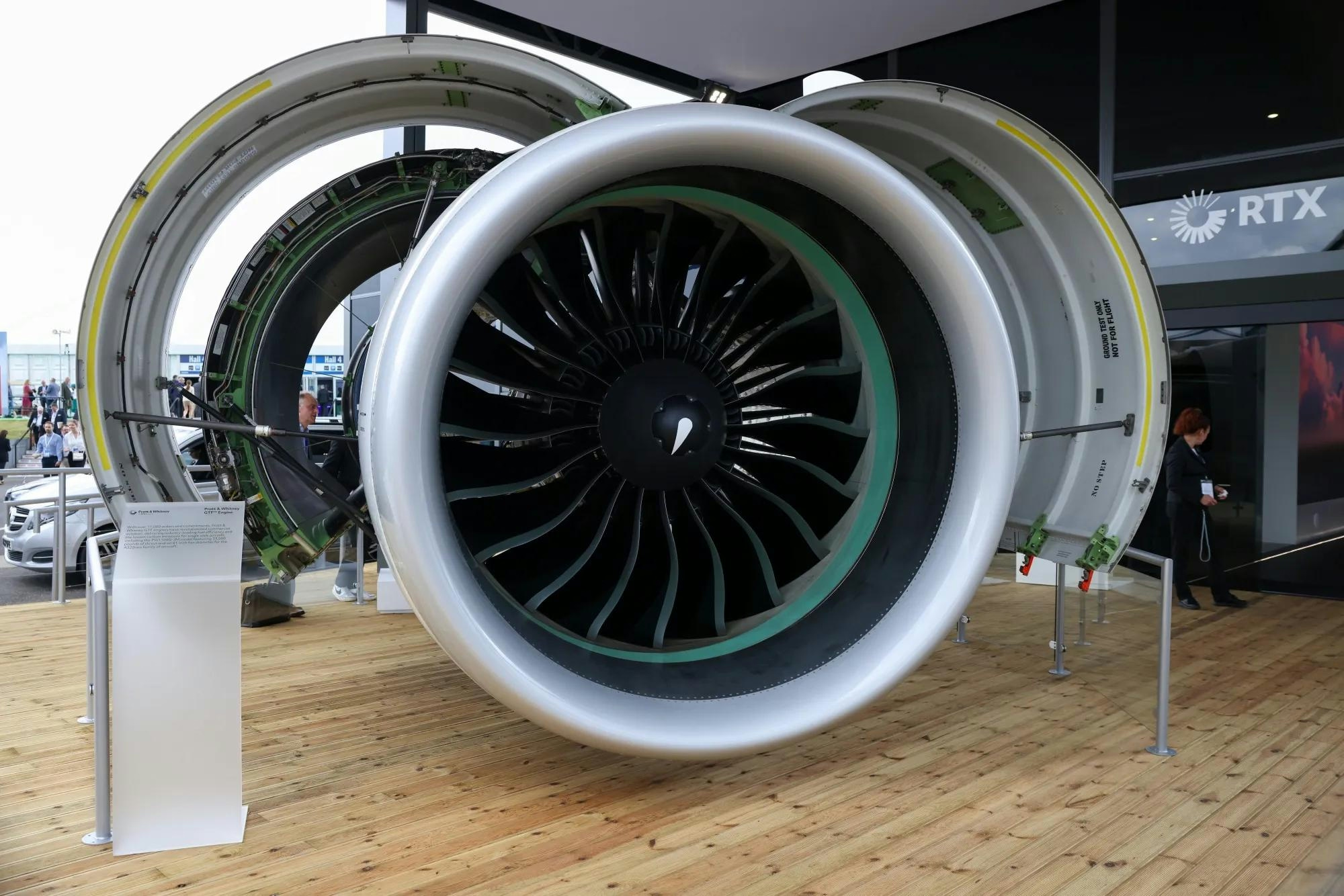
Spirit Signs Agreement with Pratt & Whitney Units on Aircraft Engines

ADB SAFEGATE Receives Industry Awards for Marketing, R&D, and Social Impact

GA Telesis Secures Five-Year Landing Gear Overhaul Agreement with Major U.S. Carrier

Government Strengthens Aviation Safety Framework Amid AI-171 Investigation

NASA Software Raises Bar for Aircraft Icing Research

Dans and Emirates Aviation University Partner on AI Air Traffic Management Research
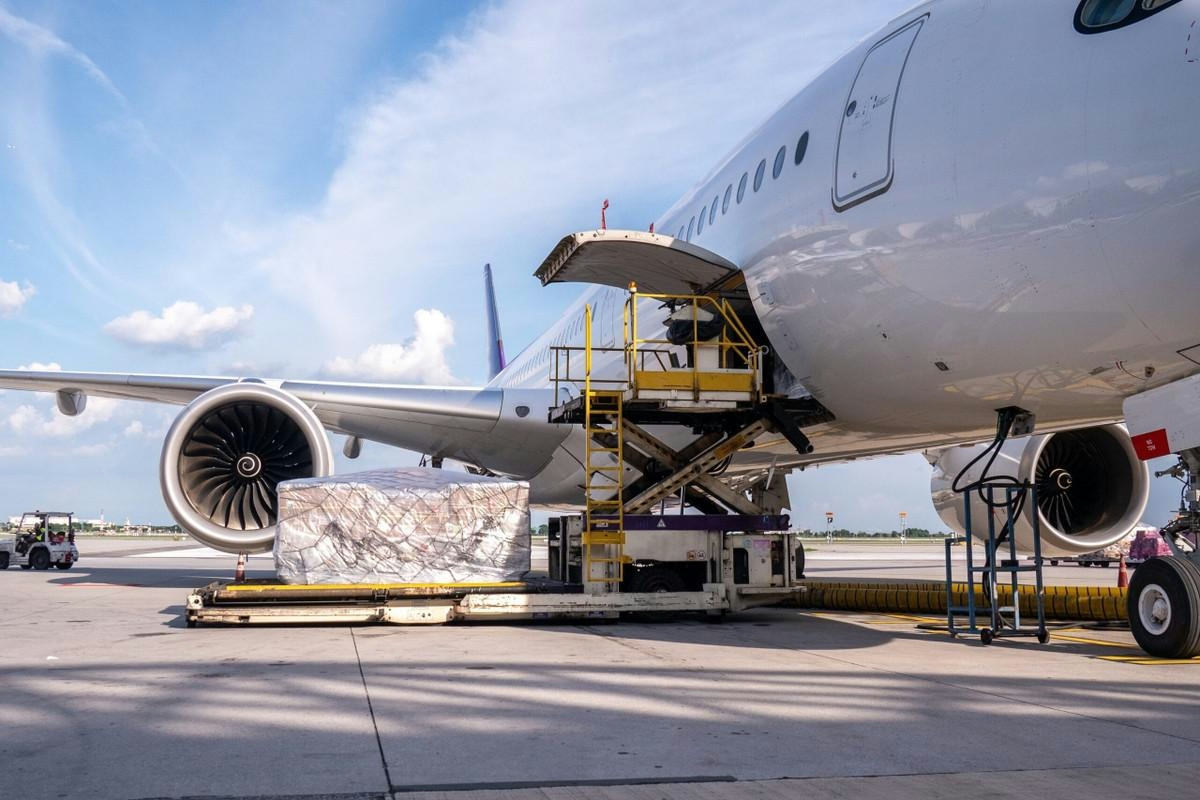
Nigus and AXISCADES to Develop Nigeria’s First Major Aviation MRO Hub
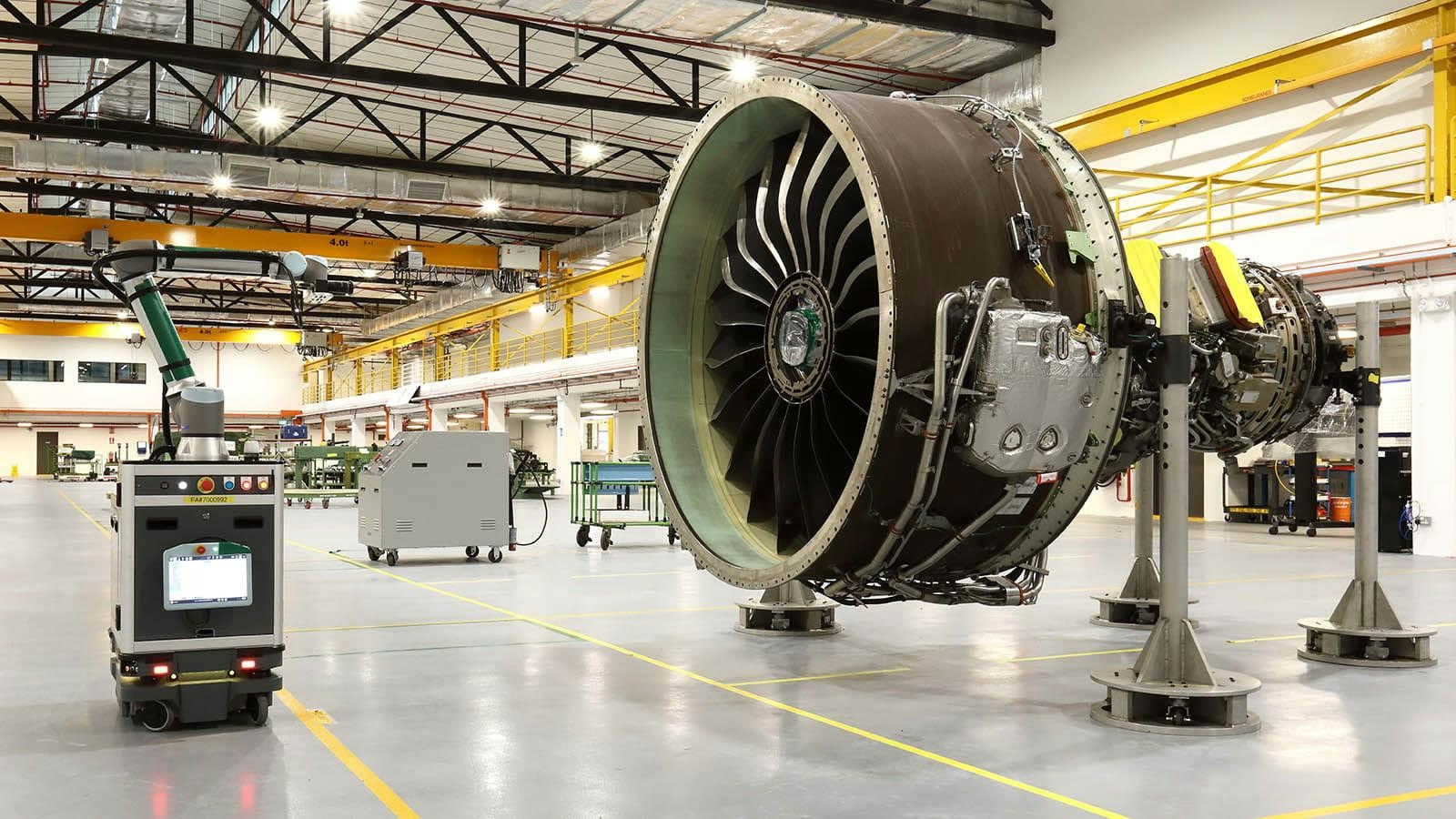
Commission Unveils Industrial Strategy for Aviation Sector
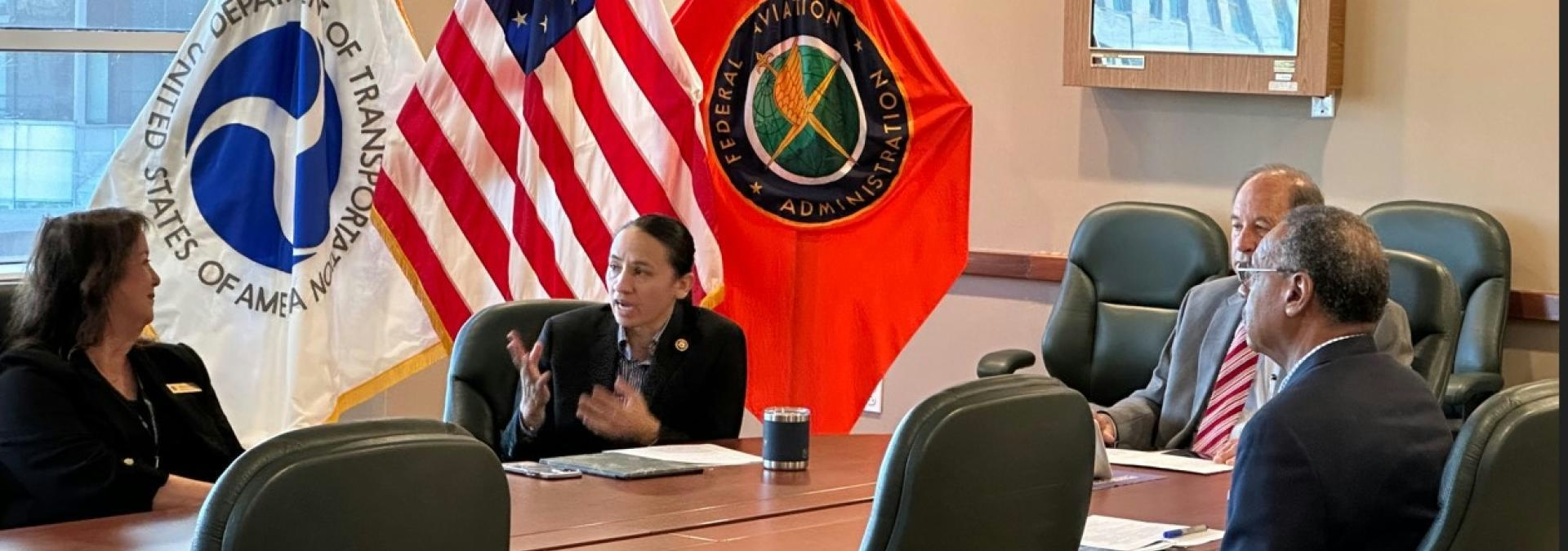
Congressional Committee Expresses Bipartisan Support for Advanced Air Mobility
